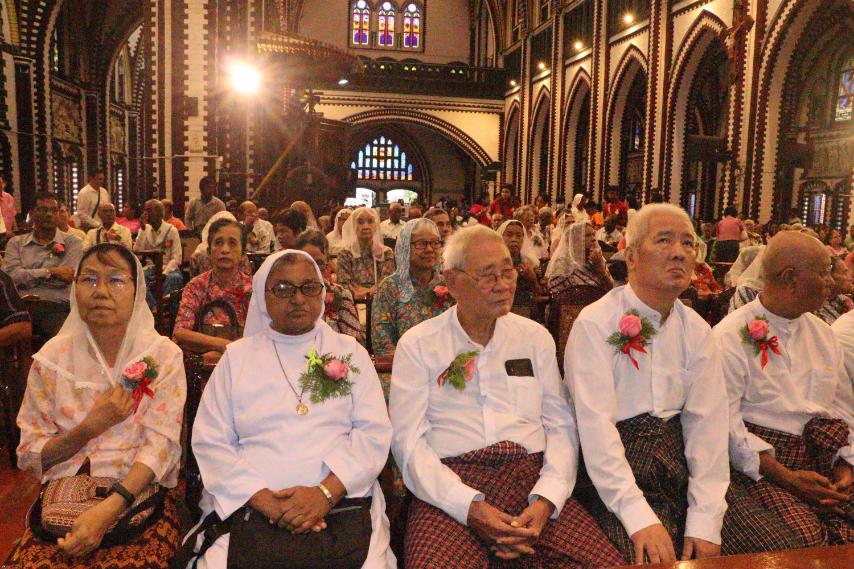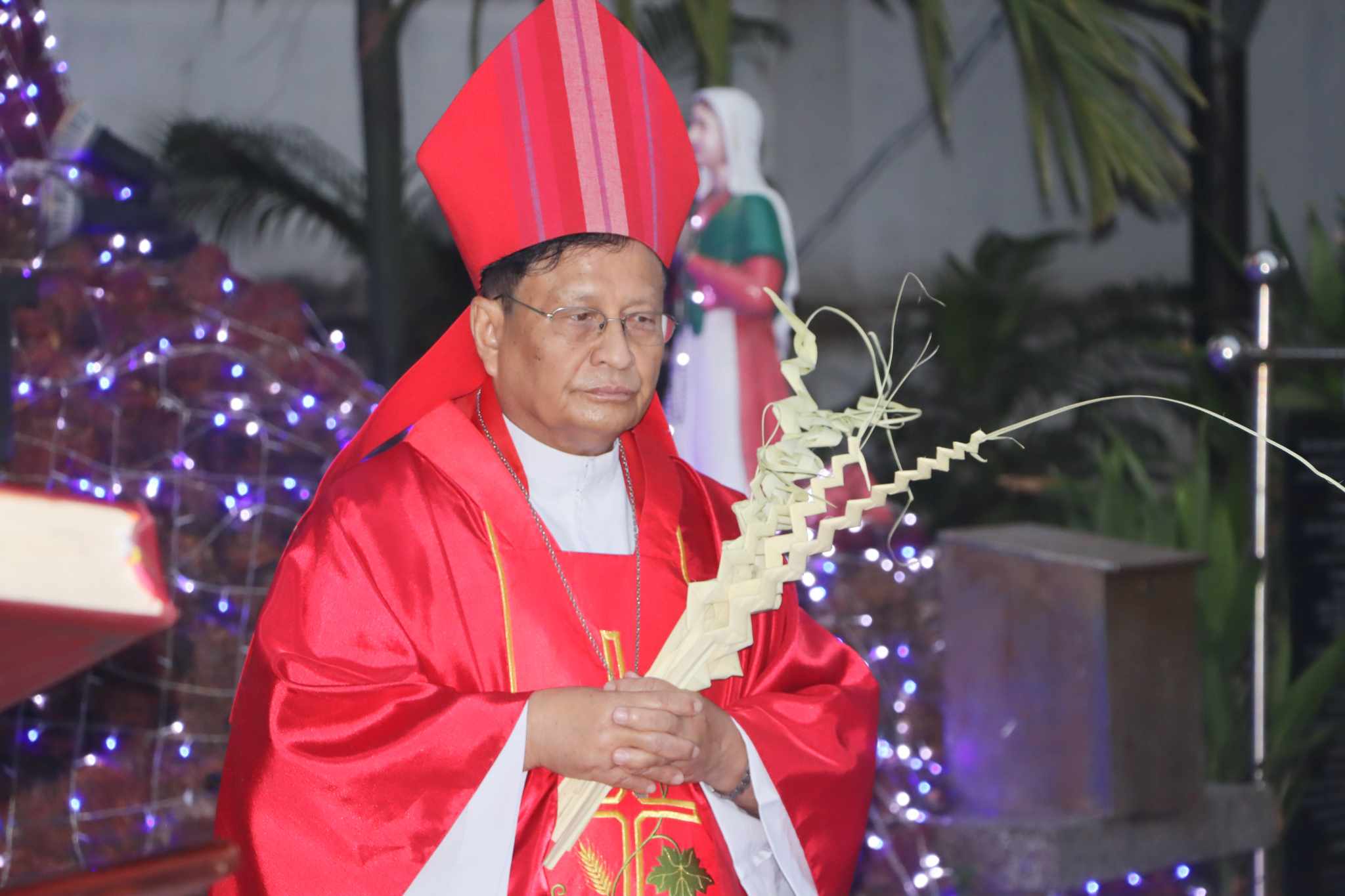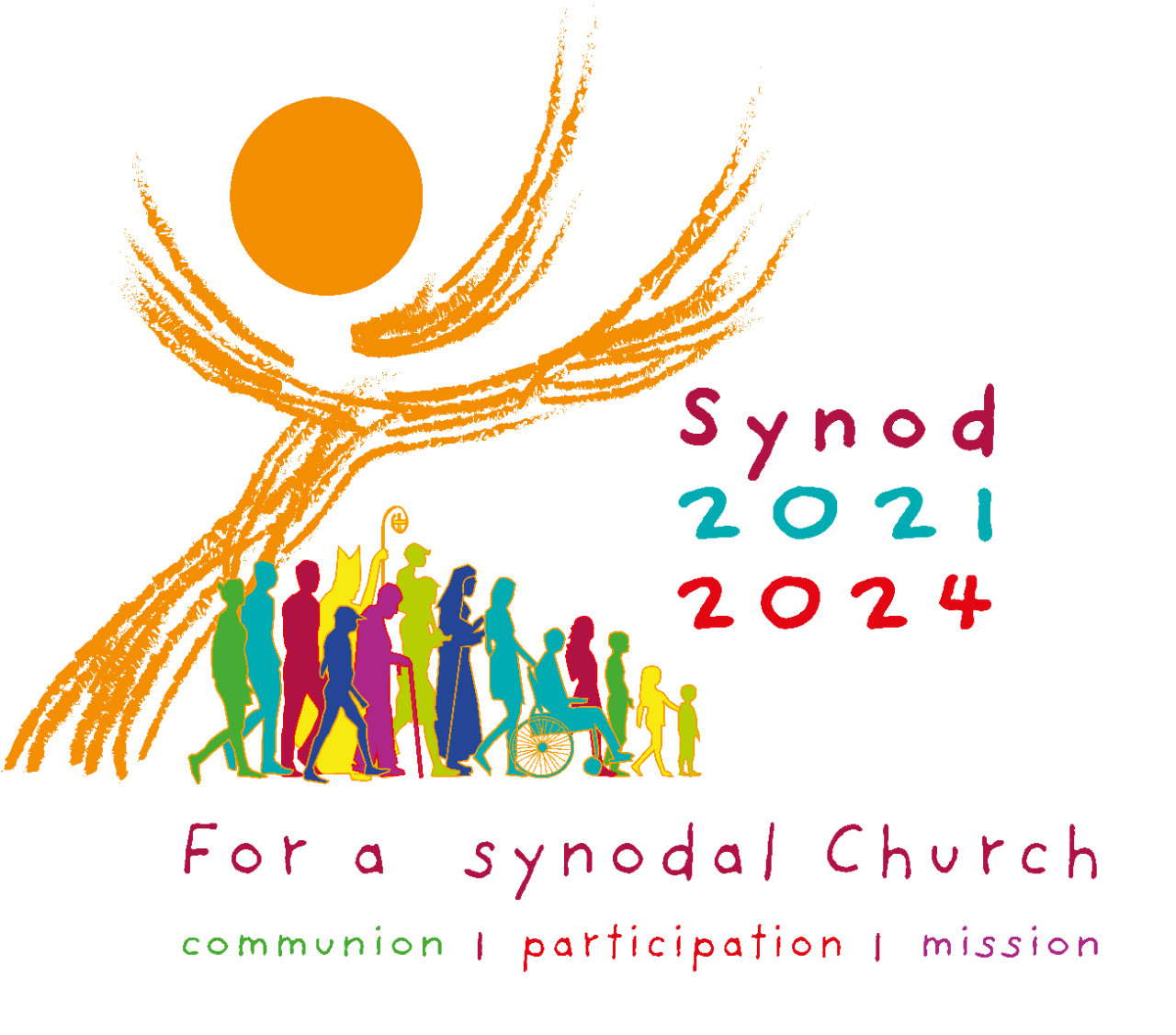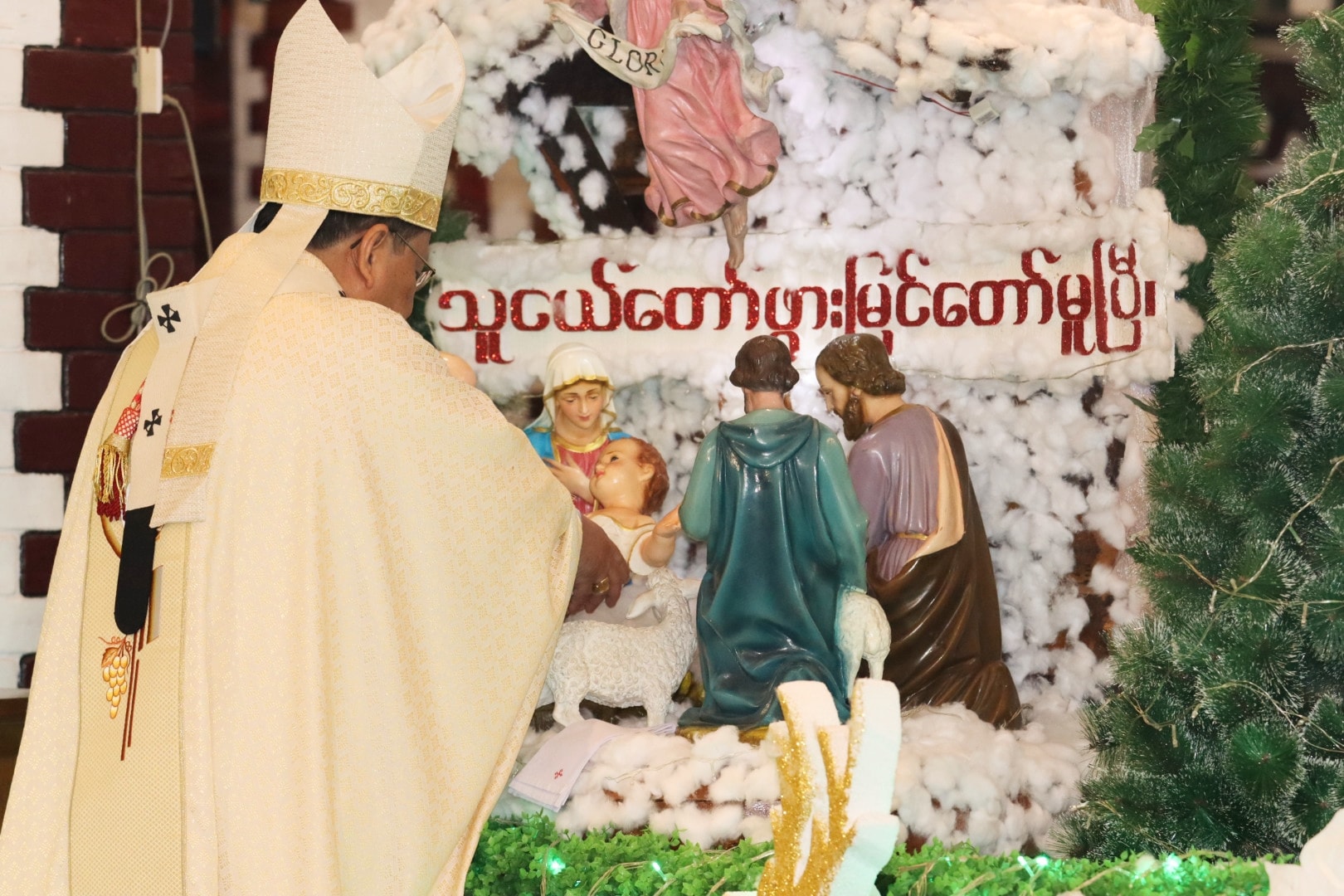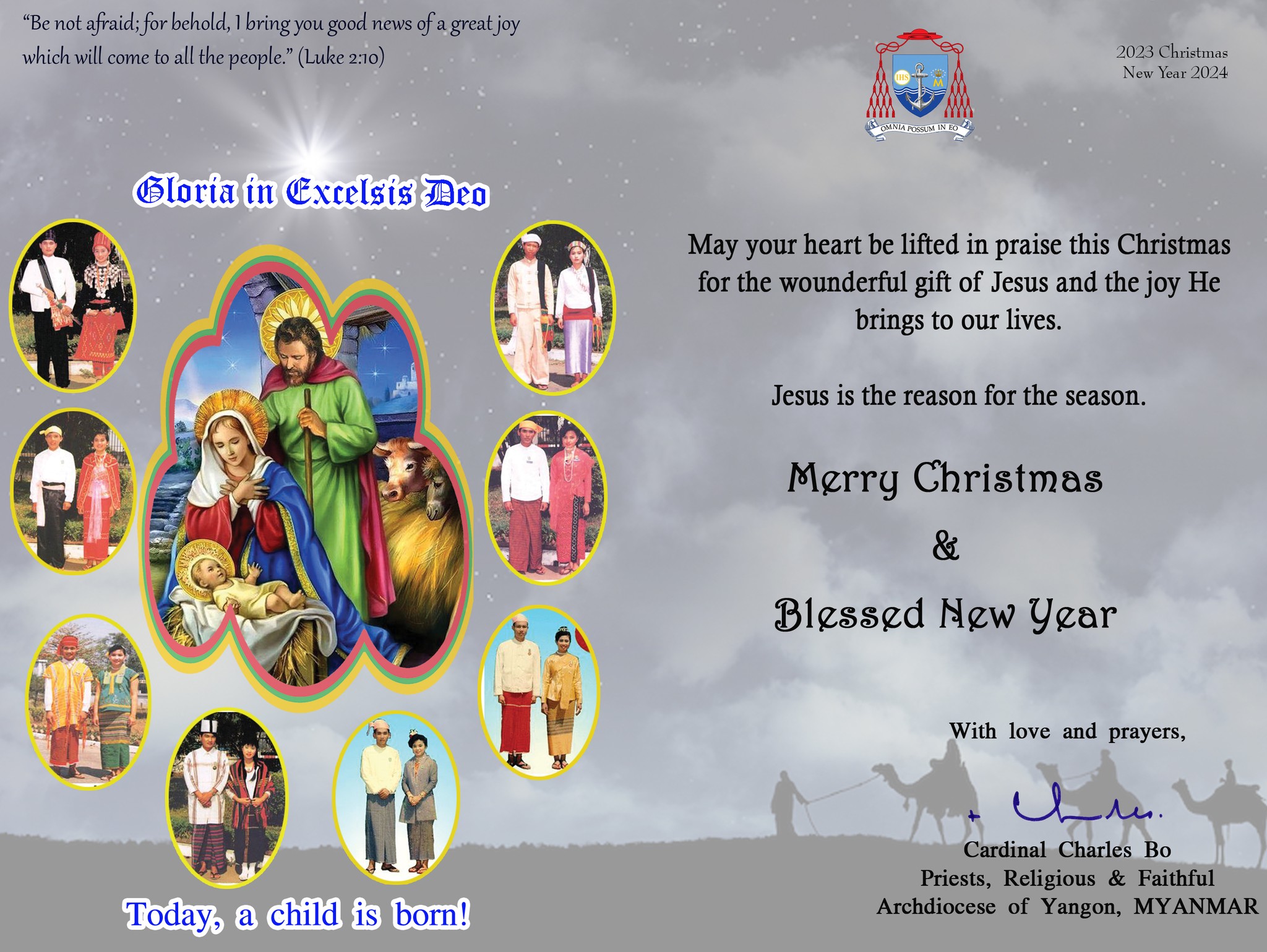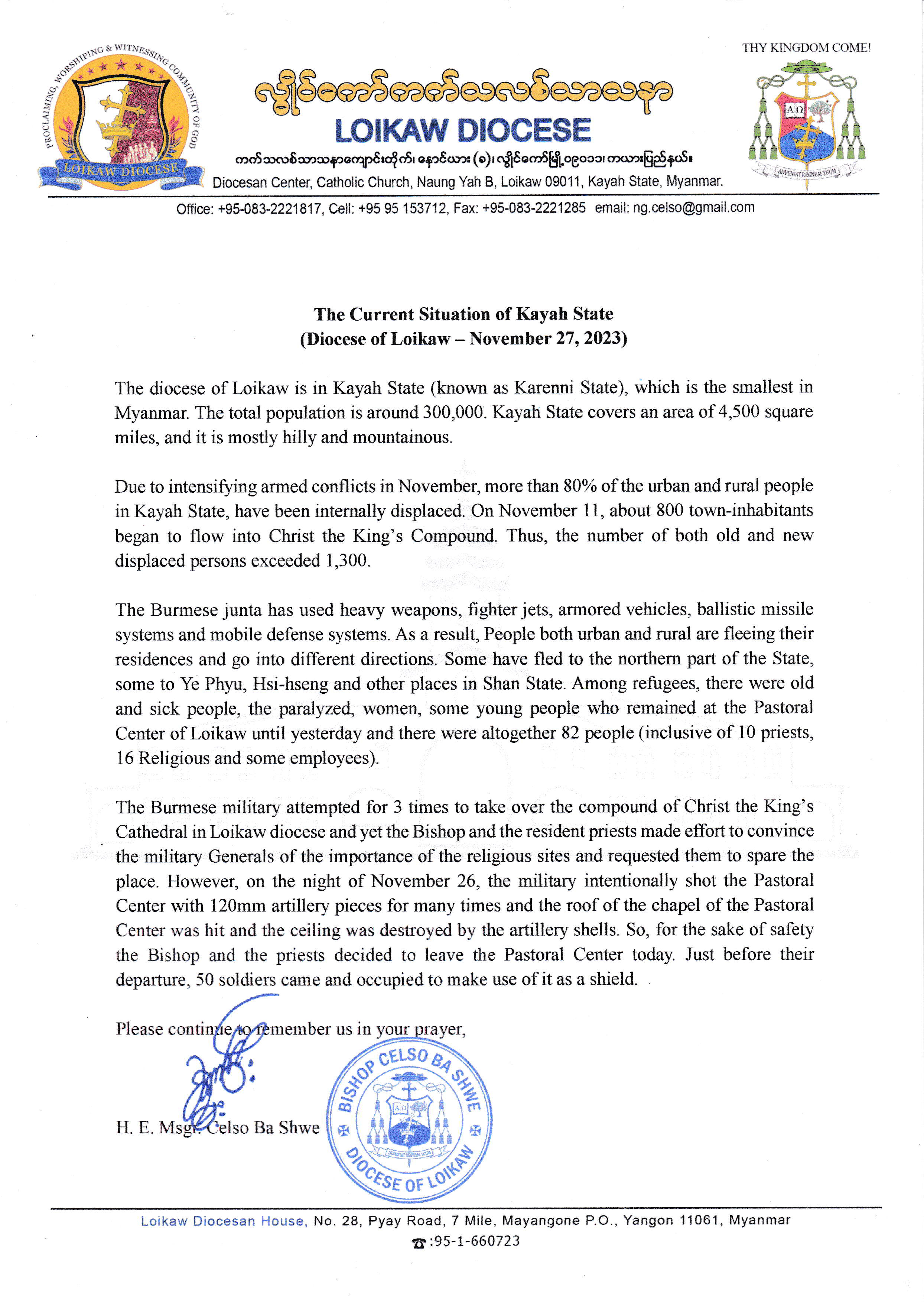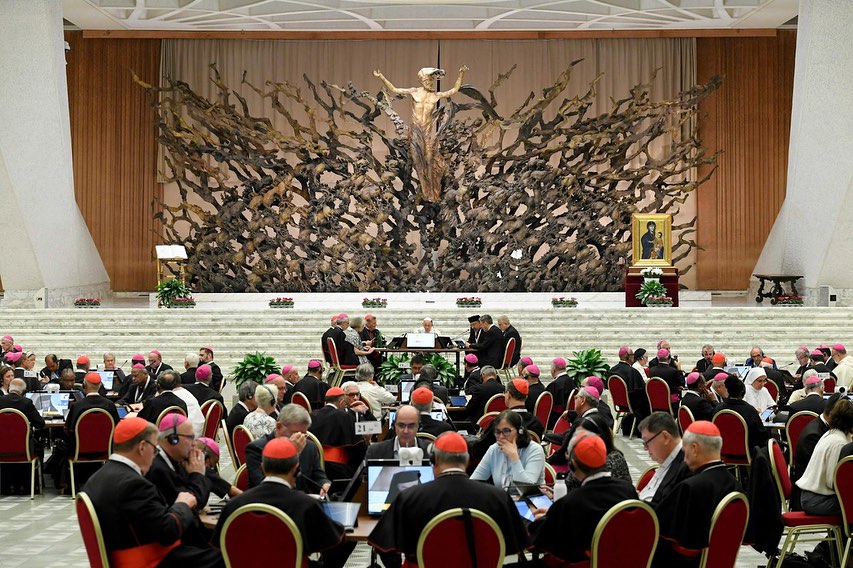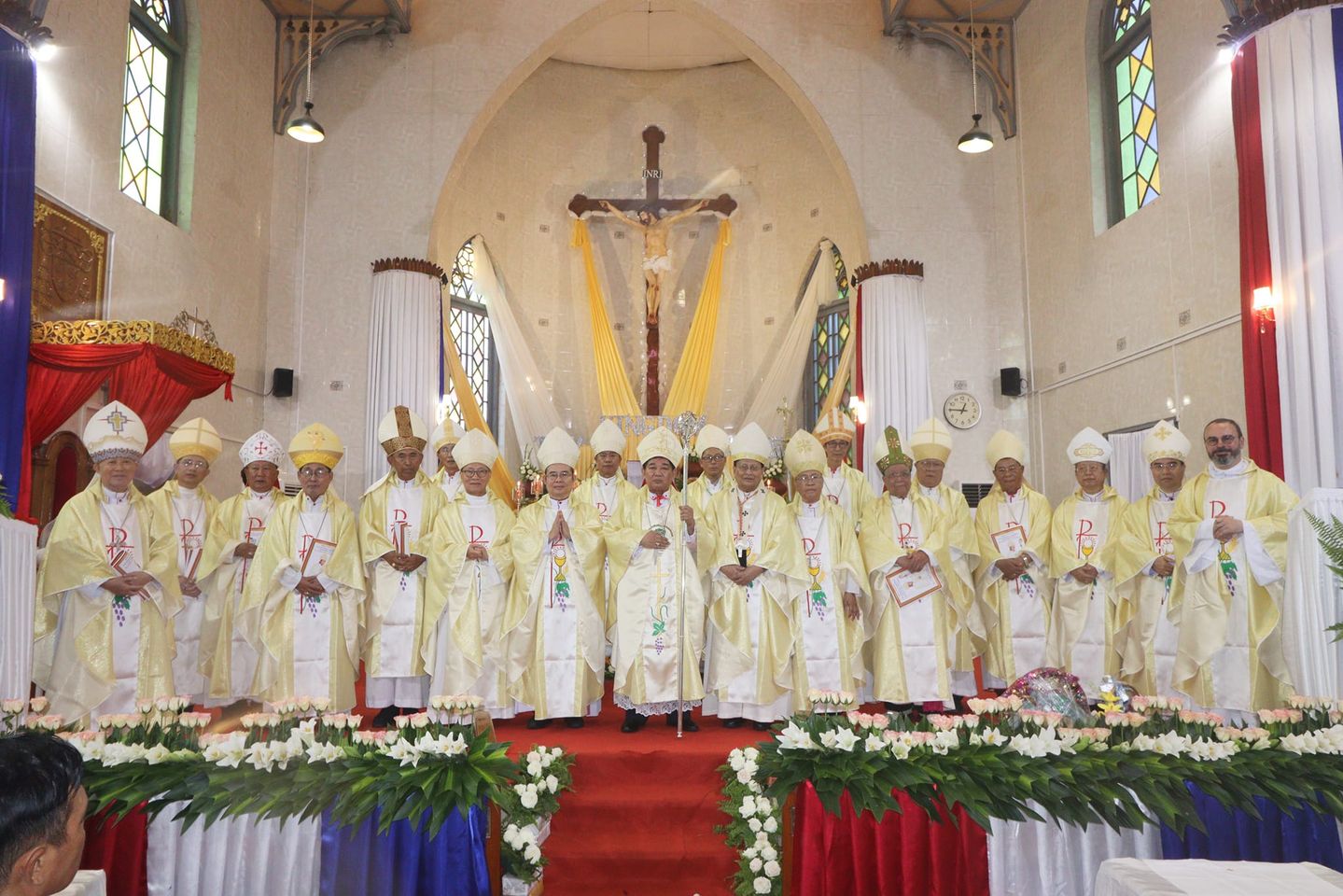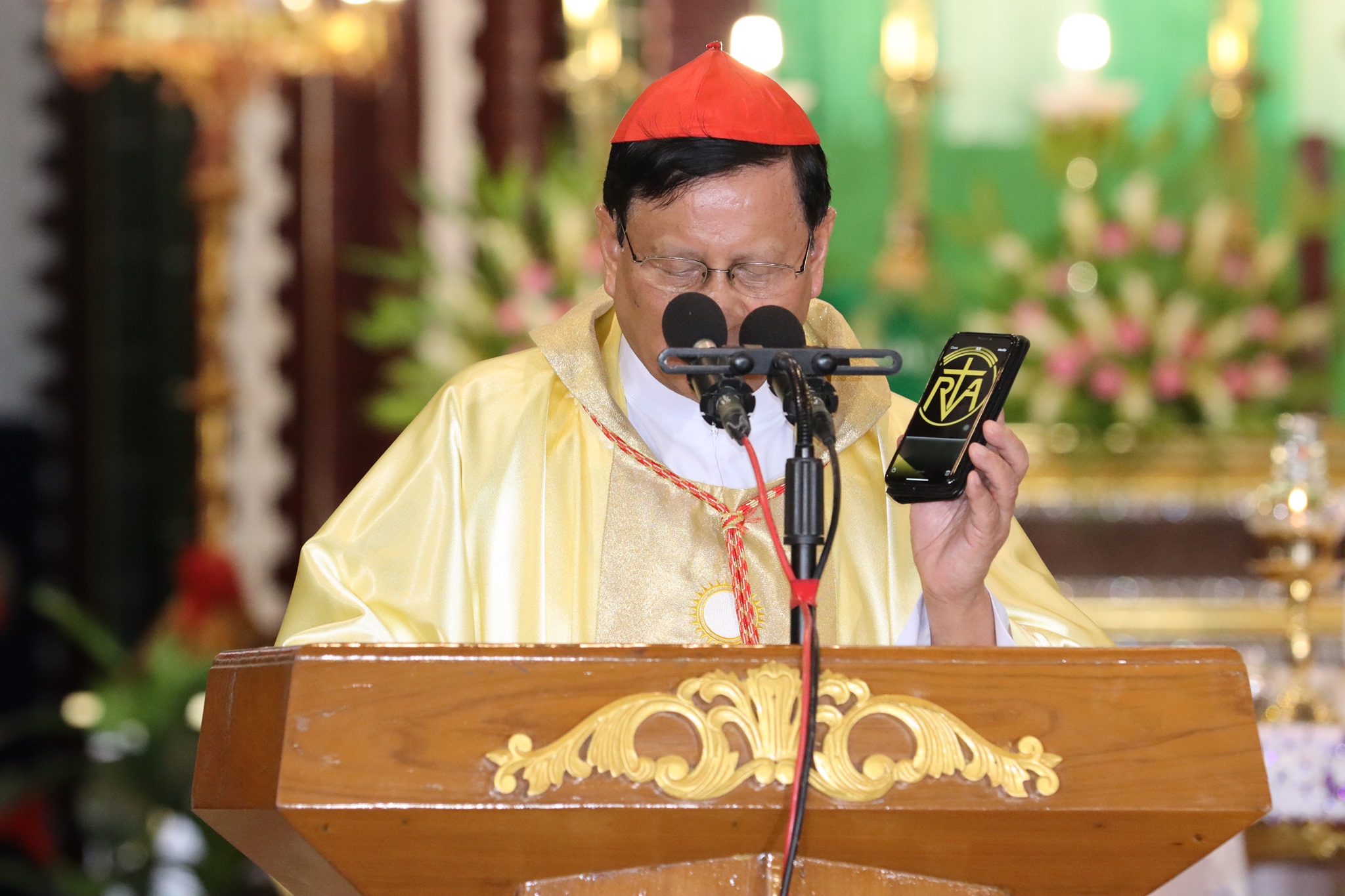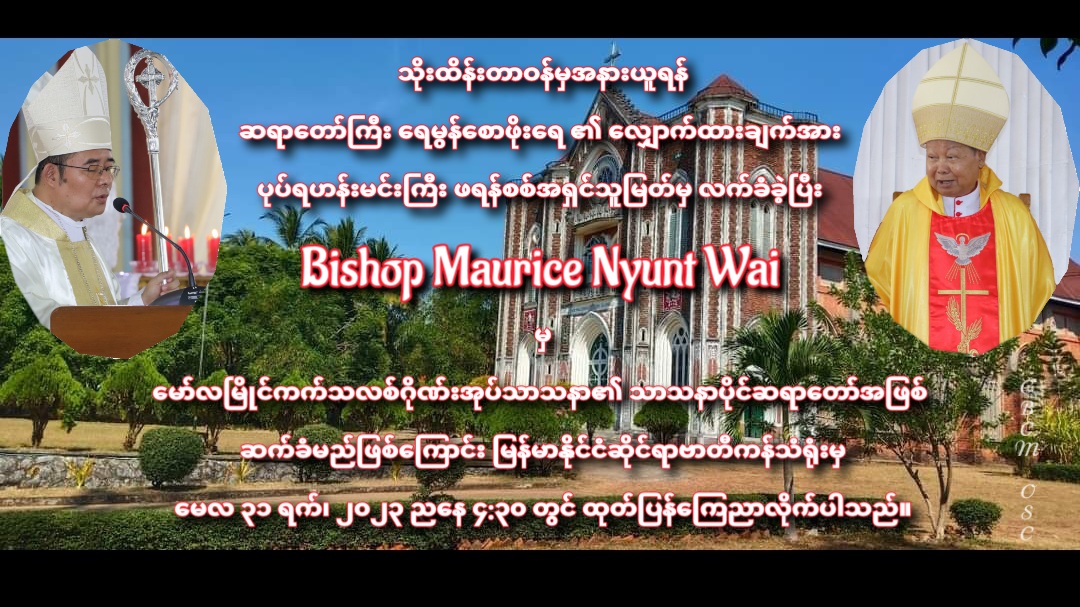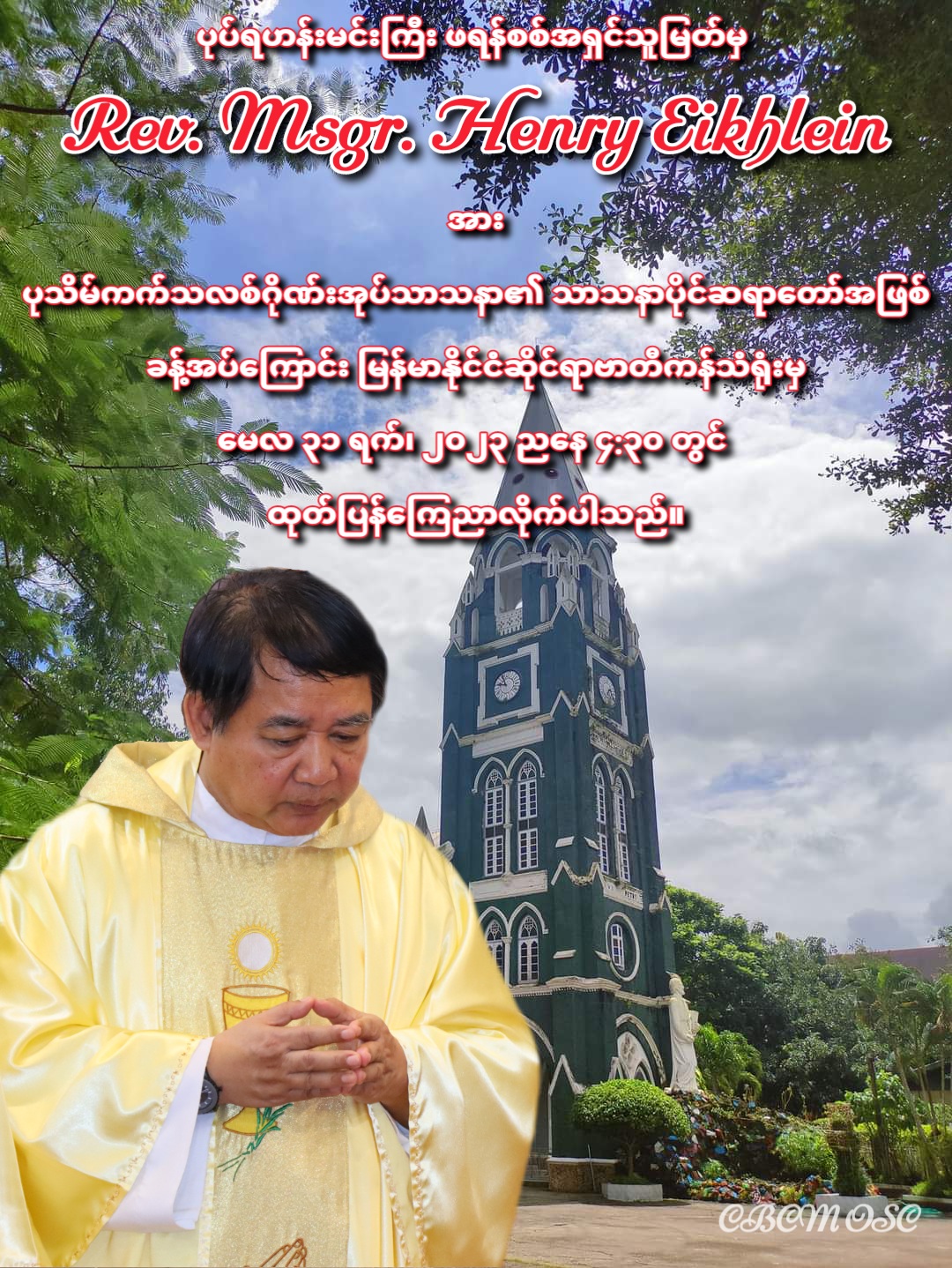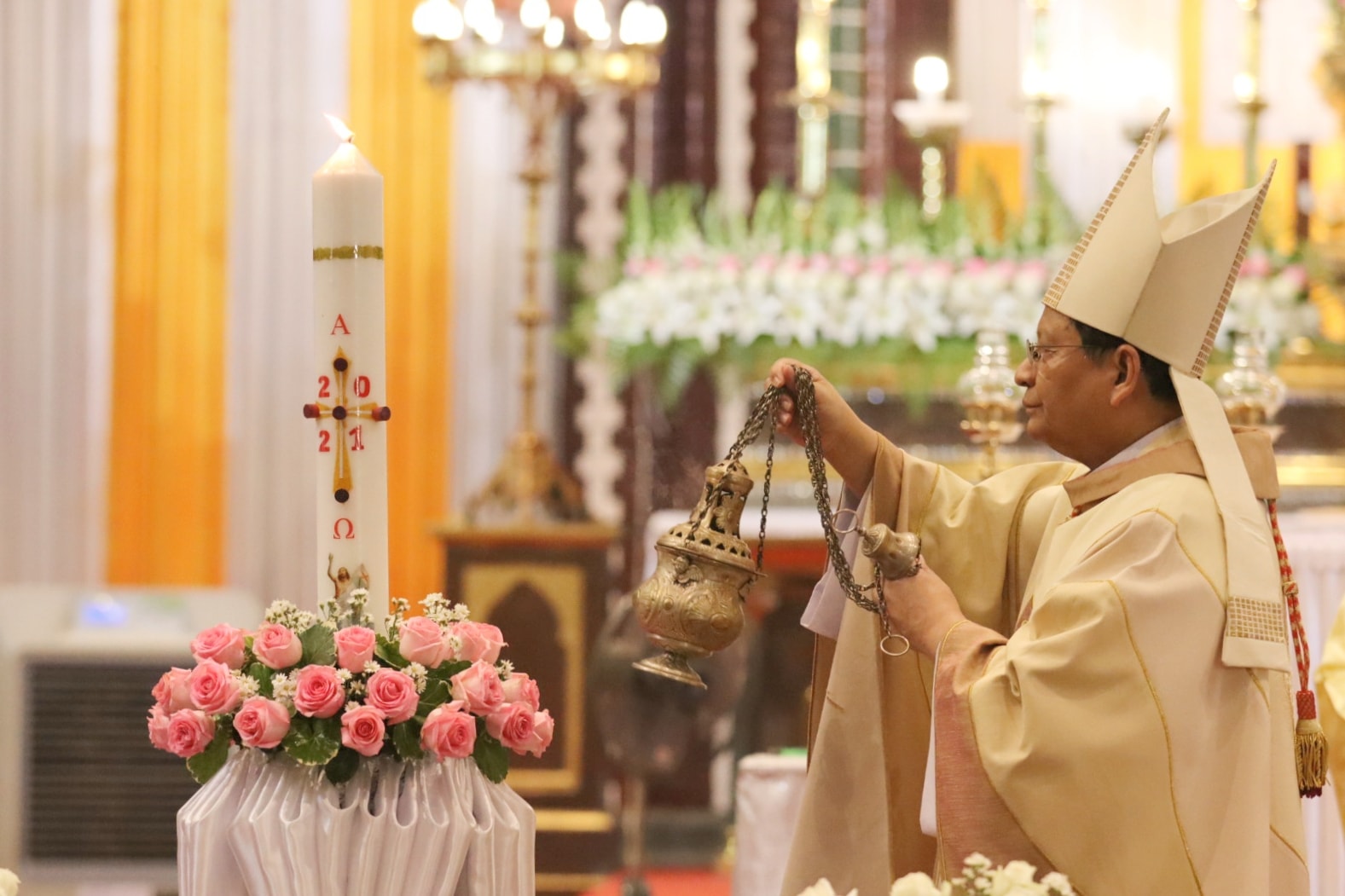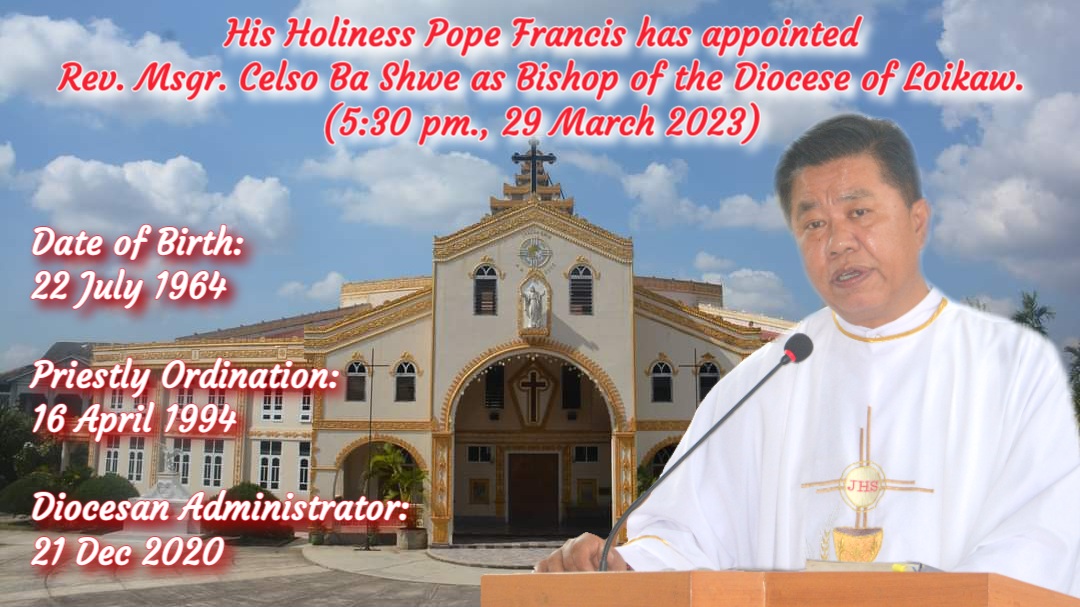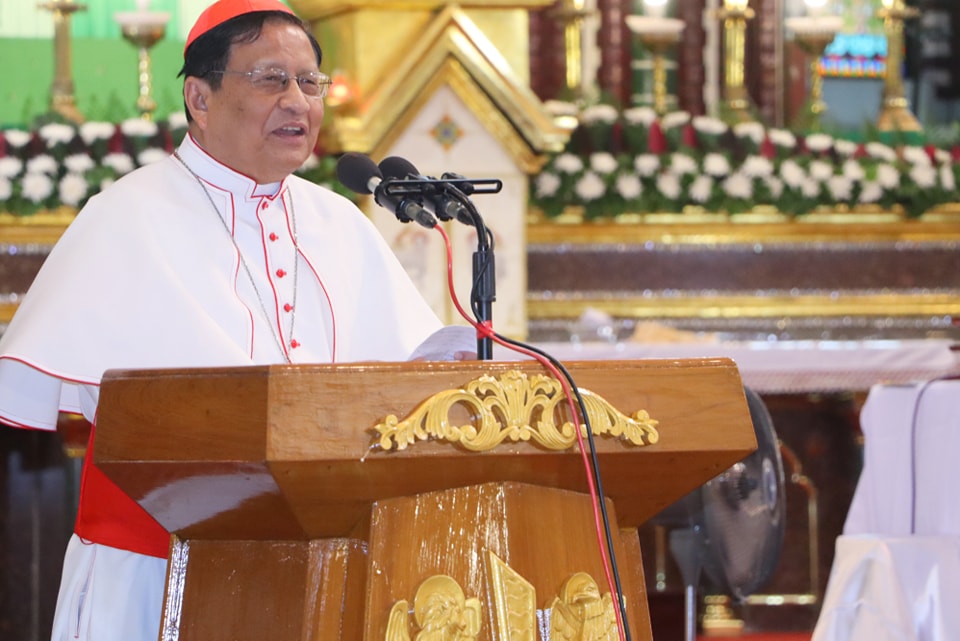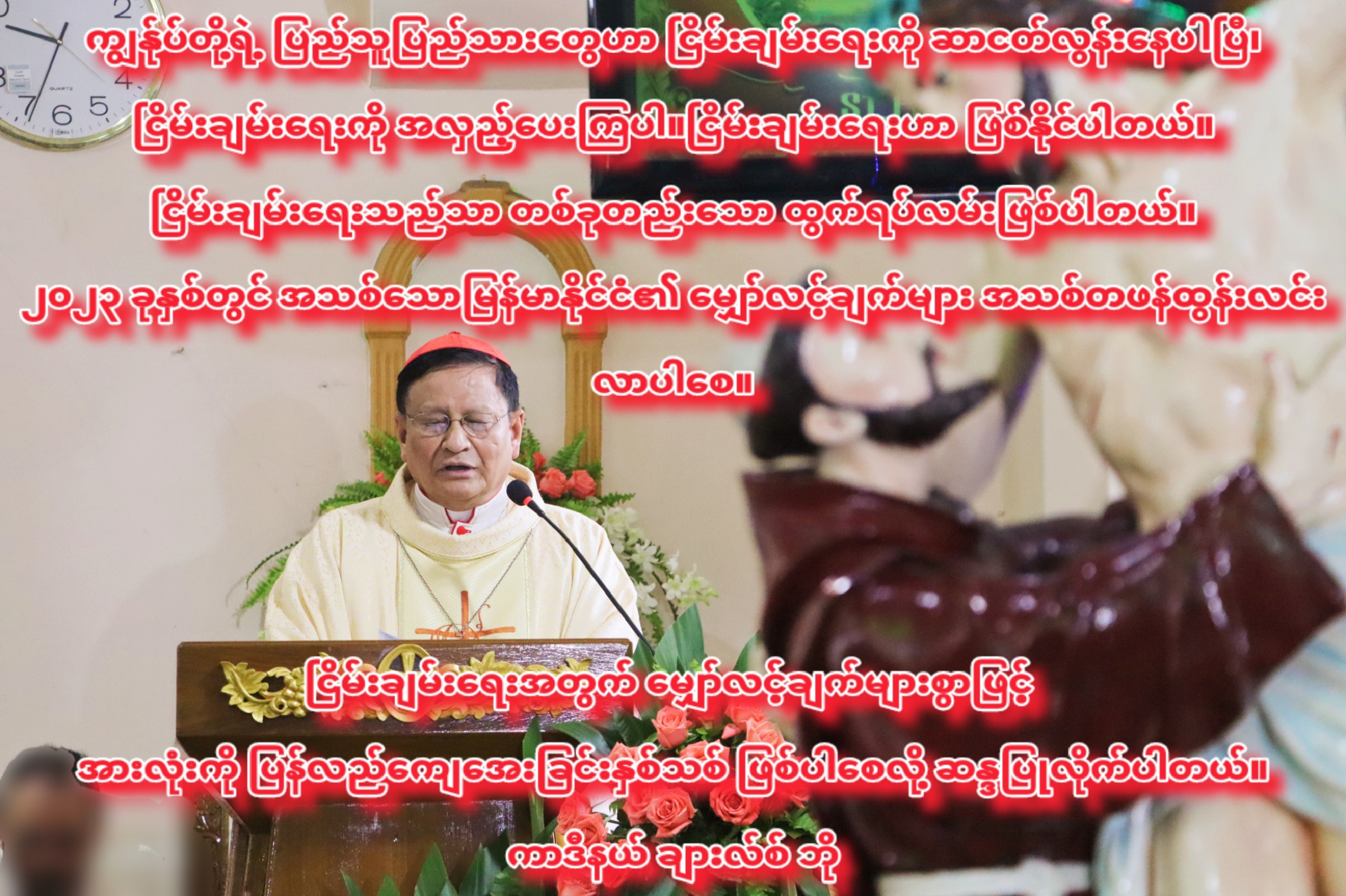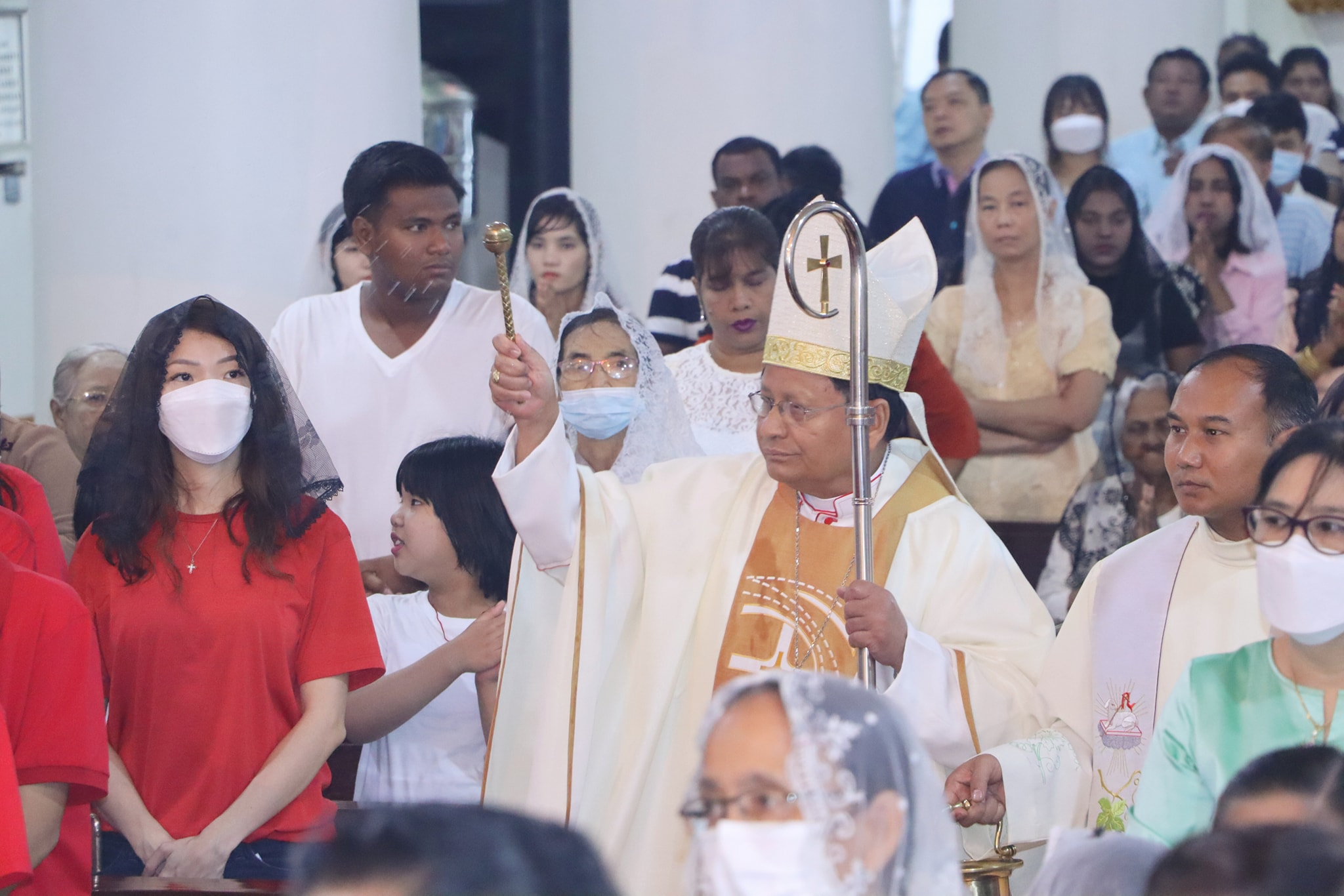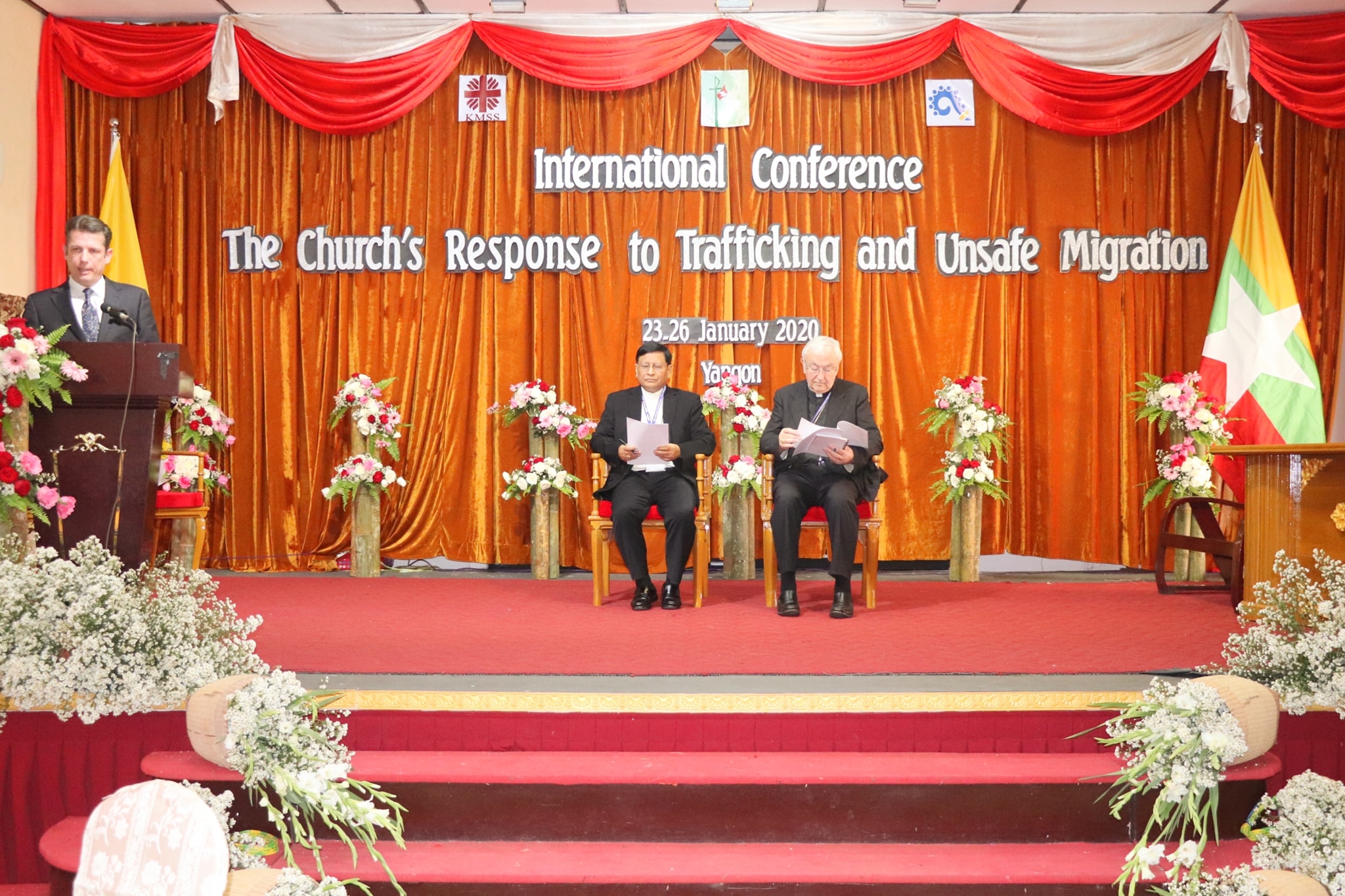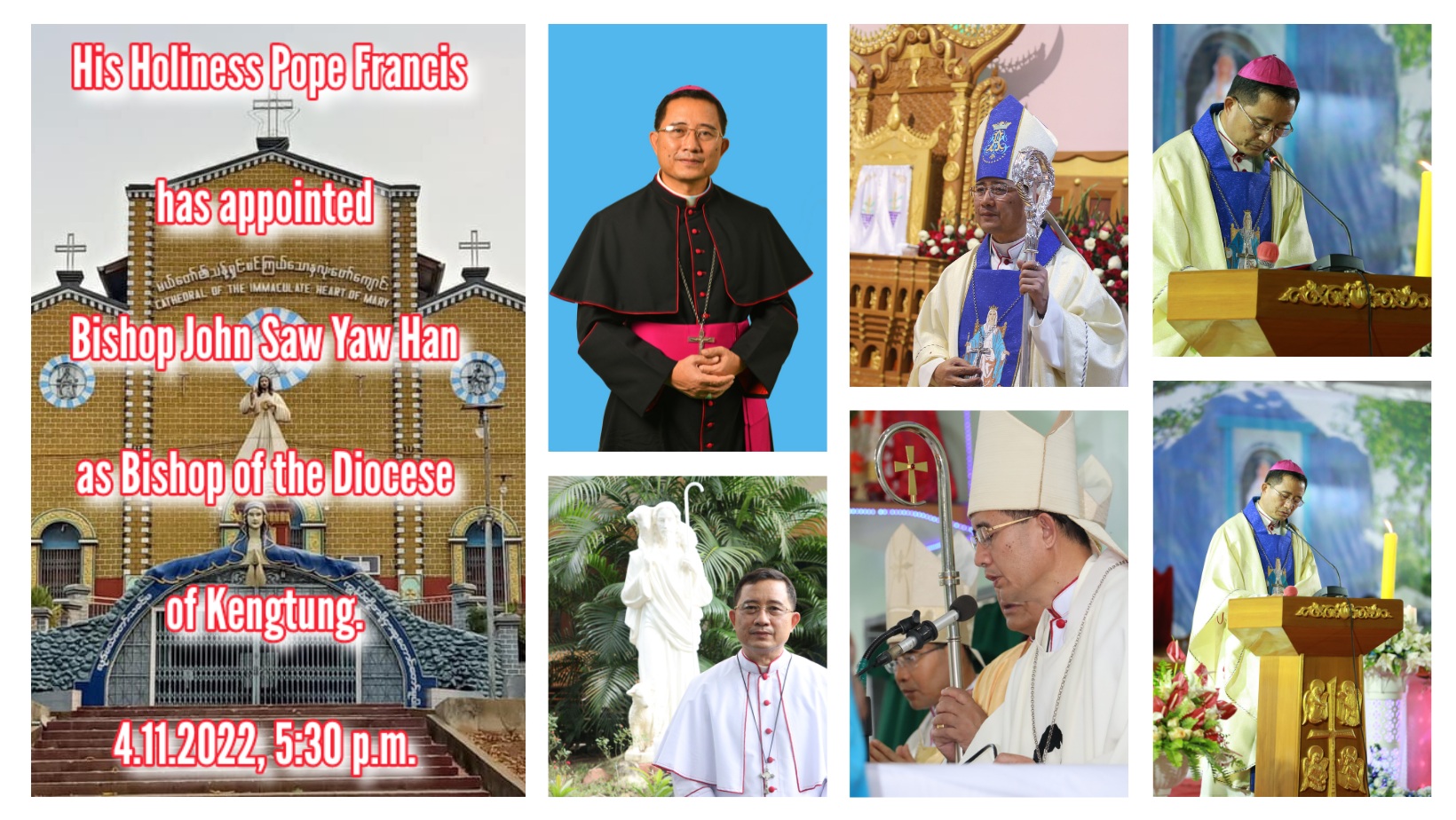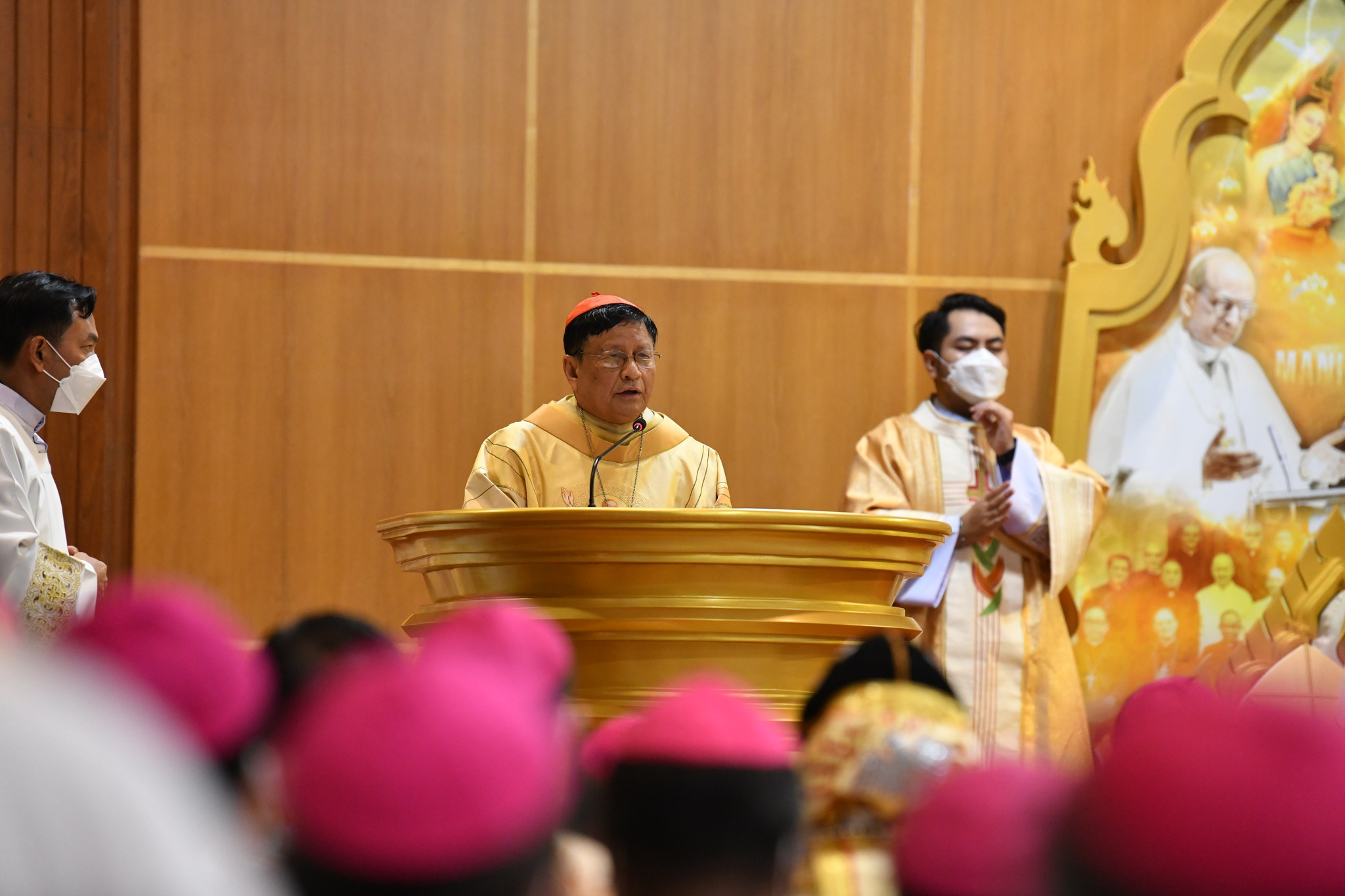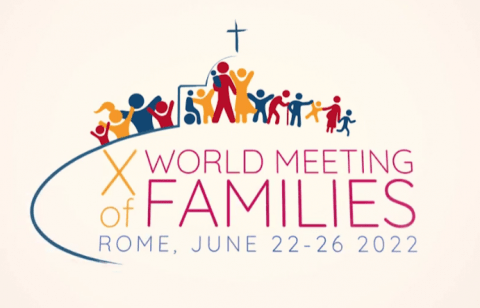Resisting Commodification of humans
with Compassionate Solidarity
Cardinal Charles Maung Bo.,
Archbishop of Yangon, Myanmar
Key Note Address: Date: 18th May 2022, Rome
"Santa Marta" - Anti human trafficking
Dear Friends,
Greetings.
It gives me a great pleasure to be in the company of men and women whose dynamic compassion constantly knocks the doors of world’s conscience against the mortal sin of the modern times: the commodification of human beings. Amidst a culture of indifference, gatherings like this affirm once again to affirm boldly “ All of us are caught in an inescapable network of mutuality, tied in a single garment of destiny.” With moral courage we confront the question : Where is your brother, where is your sister? That is the pilgrimage of hope. To all of you my deep respect.
We gather at a very grim moment in history. Despite great efforts of the good people of the world against the scourge of this modern-day slavery, the spiralling conflict in places like Ukraine and Myanmar, has infused a new and desperate urgency into this issue.
This is an epoch of moral catastrophe. The moral holocaust of commodification of human fragility rages. It is compounded by unscrupulous monetizing of human tears and vulnerability. It happens in every country, in war zones, where millions are fleeing. While thousands are exhibiting poignant show of generosity to war affected, the heartless march trafficking wolves, masquerading as benign helpers rolls on.
So, there is another war awaits us all. We are also in battle front: The confrontation of good against evil. Pope Francis has made anti human trafficking as one of signature campaigns of his Papacy. Speaking to the participants of the World Day of Prayer for victims of Human Trafficking the Pope affirmed:
The Catholic Church intends to intervene in every phase of human trafficking : she wants to protect them from deception and solicitation; she wants to find them and free them when they are transported and reduced to slavery. She wants to assist them when they are free.[1]
Every Christian is mandated with this mission. To be a Christian today is to wage a war against the human trafficking. The ILO estimates that human trafficking generates 150.2 billion USD[2] in illegal profits each year, the third biggest illicit economy in the world, next only to arms sales and the earnings of the drug cartels.
During this paschal season, the metaphor that comes to our mind is the modern-day Pharaohs – the human traffickers. Yahweh never condoned slavery of the Hebrews. The robust intervention of Yahweh when the angels slayed the history of the slave owners of Egypt, is the powerful reminder to every human being to resist every affront to human dignity through commodification of human body, human labour and involuntary servitude.
Church remembers her history is soaked with the painful foot prints of human trafficking of Joseph in the Old testament, the exile and enslavement of the Jews. The Bible in its threshold chapters uphold the dignity of human beings as created in God’s image. For a Christian this is a basic tenant of his faith. Any compromise on this premise is a compromise on our faith. Pope Francis is candid:
Human trafficking is a "crime against humanity," because it denies the human dignity of the victim, seeing him or her only as a piece of merchandise to be used to enrich or give pleasure to another,[3]
The gravity of the problem[4]
Trafficking in persons is a modern-day form of slavery, and it is the largest manifestation of slavery today.[5] The 3 most common types of human trafficking are sex trafficking, and debt bondage, forced labour, also known as involuntary servitude. Escalating this human tragedy is the added agonies of forced marriage, forced begging, forced reproduction. I shall speak later about the horror of emerging forms of new Human Cannibalism.
No country is safe from this nefarious trade. Preying on the world’s most marginalized groups, criminal gangs traffic victims from 127 countries and export them as commodities to 137 countries. Even among them children and women form a major percentage of gullible victims. One in every five victim is a child. Two thirds of world’s trafficked victims are women. Weak are expendable, commodifiable and marketable: a new dark logic rules the criminal world - without much resistance
Emerging new type of Cannibalism.
Any international gathering on Human Trafficking needs to take cognizance of the nefarious new entrant into Human trafficking vocabulary : the new forms of Cannibalism. This is, understandably a controversial term. But its impending dangers are never to be minimized in our urge for caution.
The gravity of the Human Trafficking threatens the very existence of communities in many countries. A new threat emerges from a surprisingly new sector : The Medical Services. Commendable development of medical science in the last decades brings great hopes. Hidden in this mountain of hope is the most unscrupulous tunnels of exploitation of the most vulnerable people specially in poor countries of Asia and Africa.
Commodification of human body parts is a new feature of the global health-care market. The result is a wide availability of low-cost resources needed for specific treatments (organs, human material, surrogate mothers, etc.), making it more or less legal to rent or purchase human body parts of socially disadvantaged persons in order to meet the needs of patients who can afford the costs of those medical services. This is a billion-dollar market benefiting mostly the rich, often in collusion of not a few medical professionals.[6]
Aiming to better understand various aspects of this new market and assess its implications for the future, an international and multidisciplinary symposium1 took place in Geneva, Switzerland, on February 6 and 7, 2014. Its conclusion was shattering, calling it a Kind of Cannibal Market.
A new type of trade based on increasing social inequalities in most societies and between countries is developing. The result is an economy that is comparable not only to a neocolonial one, but also to a kind of cannibal market.[7]
The Urgent Challenge to the Church and the Civil Society.
The emergence of this “cannibal market”, has significant human, social, medical, economic, legal, religious, and ethical implications. Religious groups are understandably cautious on this new entrant. But Catholic Church has been in the fore front of campaign against human trafficking. Pope Francis called for a threefold commitment on the institutional level: prevention, victim protection and the legal prosecution of perpetrators.[8]
Following the Pope’s directive there is an urgent, proactive, preventive process needs to be planned and implemented to resist this new kind of commodification of human beings. Since it does not involve the actual movement of people, but controlling and commodifying their body parts, a moral and ethical crisis has emerged. The Church and the partners are confronted with a new unsettling reality impacting thousands of the most vulnerable, especially the women and children.
Church Response
The massive development in medical sciences in the last two decades has benefitted mostly rich countries. Organ and other body parts have become commodities traded through online markets. This was made possible by lack of sufficiently binding legislation and the existence of large number of socially and economically vulnerable people. Organ trade is becoming an “organised crime.”
According to Global Financial Integrity, the trade features in scale and profit alongside the illicit trade in drugs, wildlife and weapons, with an estimated annual profit of US$1.7 billion (May, 2017). Defined as a form of human trafficking, the prevailing discourse on the organ trade is that of an organized crime, driven by mafia- like networks that exploit the poor for their organs.[9]
Our active participation is needed in fortifying the efforts of the s socially conscious scientists and human rights lawyers:
· Greater and wider involvement of the church in creating awareness on the unregulated organ trading markets, unregulated markets to aid assisted reproductive technology, particularly the development of commercial surrogacy exploiting the gullibility of the poor.
· Resisting through global campaigns, the growing mafia like contexts of harvesting organs to feed the lucrative market for transplantations.
· Campaign for oversight mechanisms of private institutions, that collect, store and commodifies human materials (gametes, embryos, blood, tissues, etc.). [10]
Globalization brought great benefits to the Society. But it also brought great havoc like human trafficking, a dark side. Resistance to this dark side has brought great dignity to millions. The church continues to be a vibrant partner to all global efforts. Now is the call to turn her attention more to the emerging global markets of human cannibalism.
Raising awareness and campaigning have been two pronged approaches of the church in combatting Human Trafficking. As a global Institution, linking both the developed nations where agents of commodification create illegal wealth and poor countries of the world, where vulnerable people are tricked into part with the body parts, the church can promote a safe environment both in poor countries and rich countries.
Four areas need the attention and awareness building of the local churches to help the people, especially those in vulnerable social contexts:
- Society. Human trafficking victimizes individuals affected in all areas of their lives: it undermines family ties and leads to societal stigmatization.
- Policy. As it involves transnational movement, human trafficking relates directly to debates on migration policy and human rights.
- Economy. Trafficking in persons results in loss of human resources, reductions in tax revenue, and the disruption of the licit cycle of the economy from migrants and their families, to traffickers and their associates.
- Rule of law. As a criminal act, trafficking violates the rule of law, threatening national jurisdictions and international law.
Human trafficking a festering wound in humanity. Pope called it a wound against our contemporary society. The Bible extolled human creation as God himself created all in his image. Christ’s incarnation further purified the wounded humanity. Now those sacred traditions are threatened by the onslaught of commodification of the sacredness of human body and its parts. Every poor person lives in his or her Babylonian exile, when they do not have control over their own body. They verily cry out : how can we sing our Lord’s song in an alien land and body.
Human trafficking is the modern burning bush. The Lord of history calls out to the church to be the modern day Moses, with a cry : I have heard my people cry. The problem looks big, as Moses feared to face the Pharaohs of his time. The international mafia threatens and like Moses we call out to the Lord : How can this be? How I can we face the modern day Pharaohs of the Human cannibalism and commodification?
The Lord assures us : I will be with you always. Yes it is the Lord of History, the loving, living and liberating God who is calling us to to the global mission. With our women religious contributing so much to the anti human trafficking efforts through Talitha Kum, the church needs to be in synodality with all, our religious, our parishes, like minded groups. We are called to participation, share and be in mission with the victims and survivors of human trafficking, commodification and cannibalism. I am sure, like Moses, we too shall see the Promised land of justice, peace and human rights.
Thank you
https://www.youtube.com/watch?v=HKd-m0XyAFA
2022-05-20 22:01:41


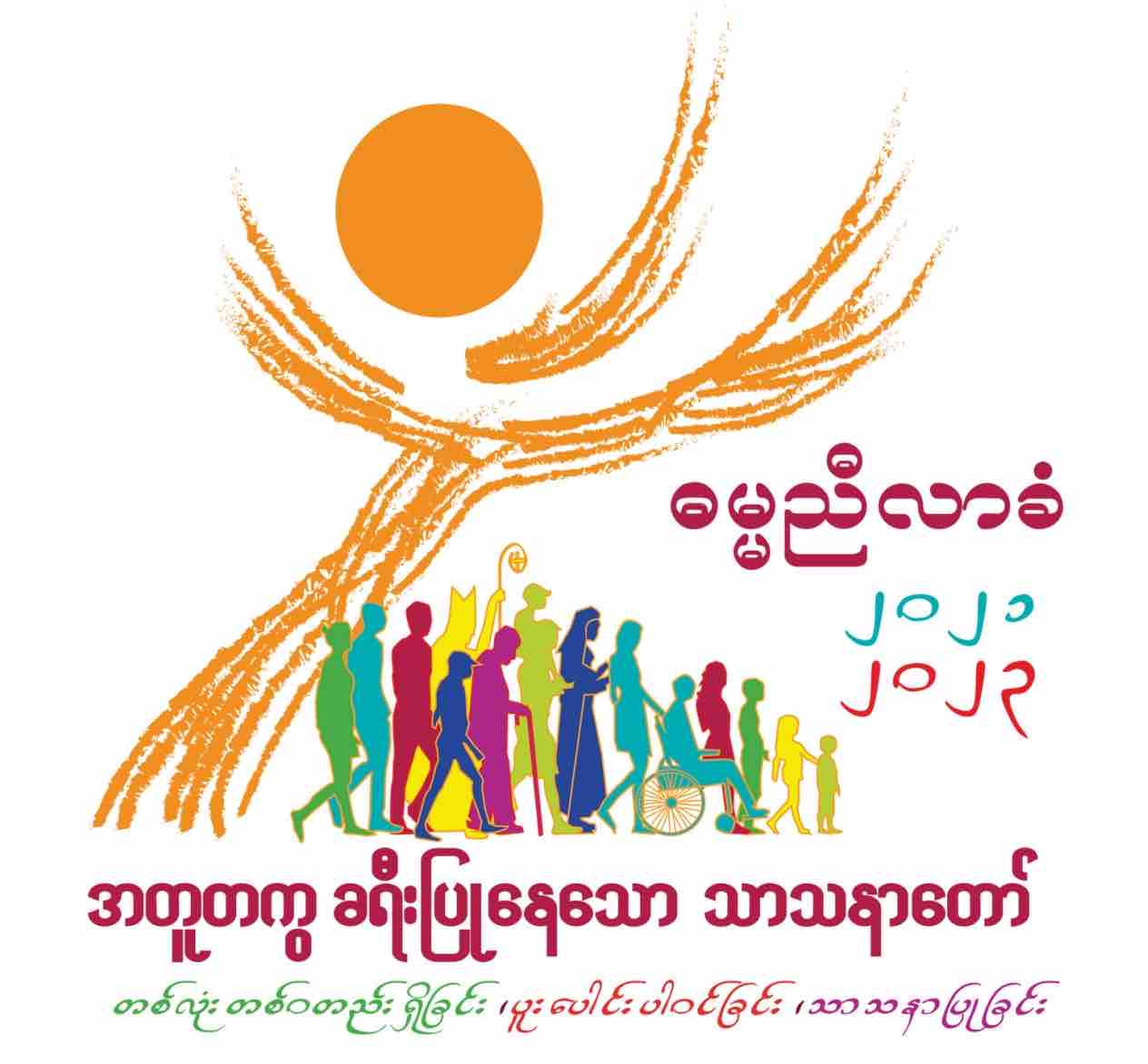

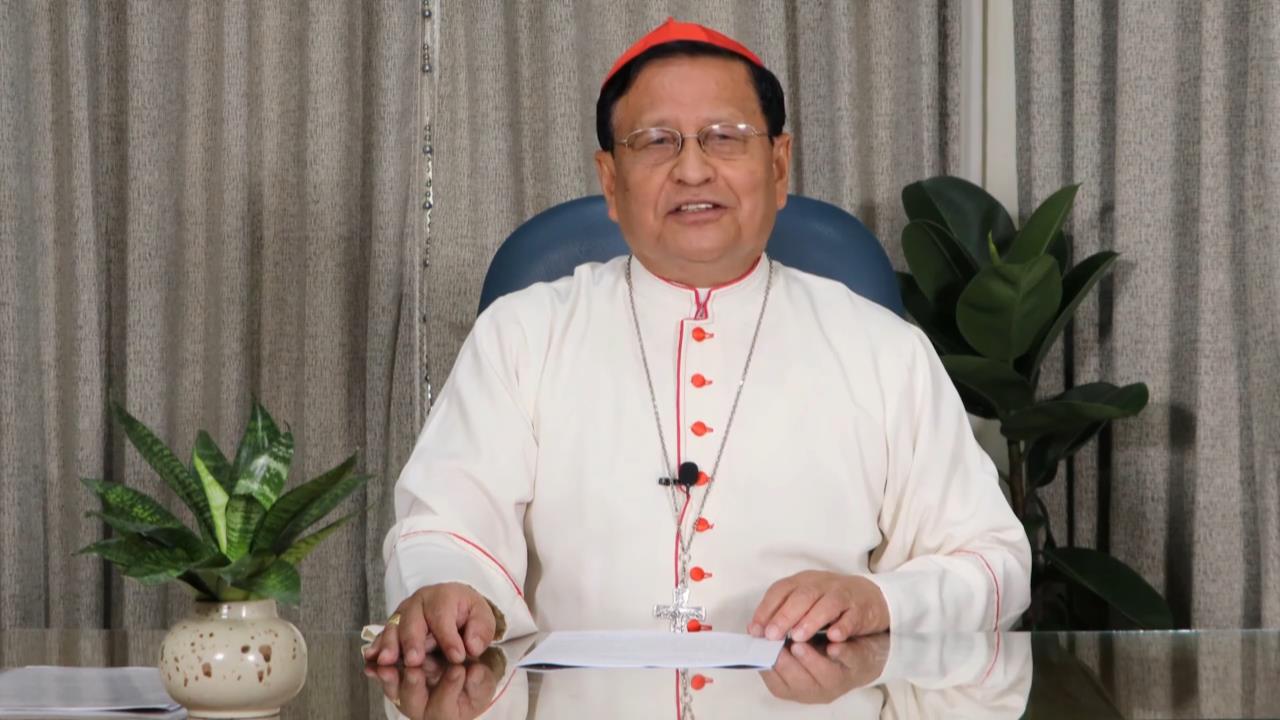
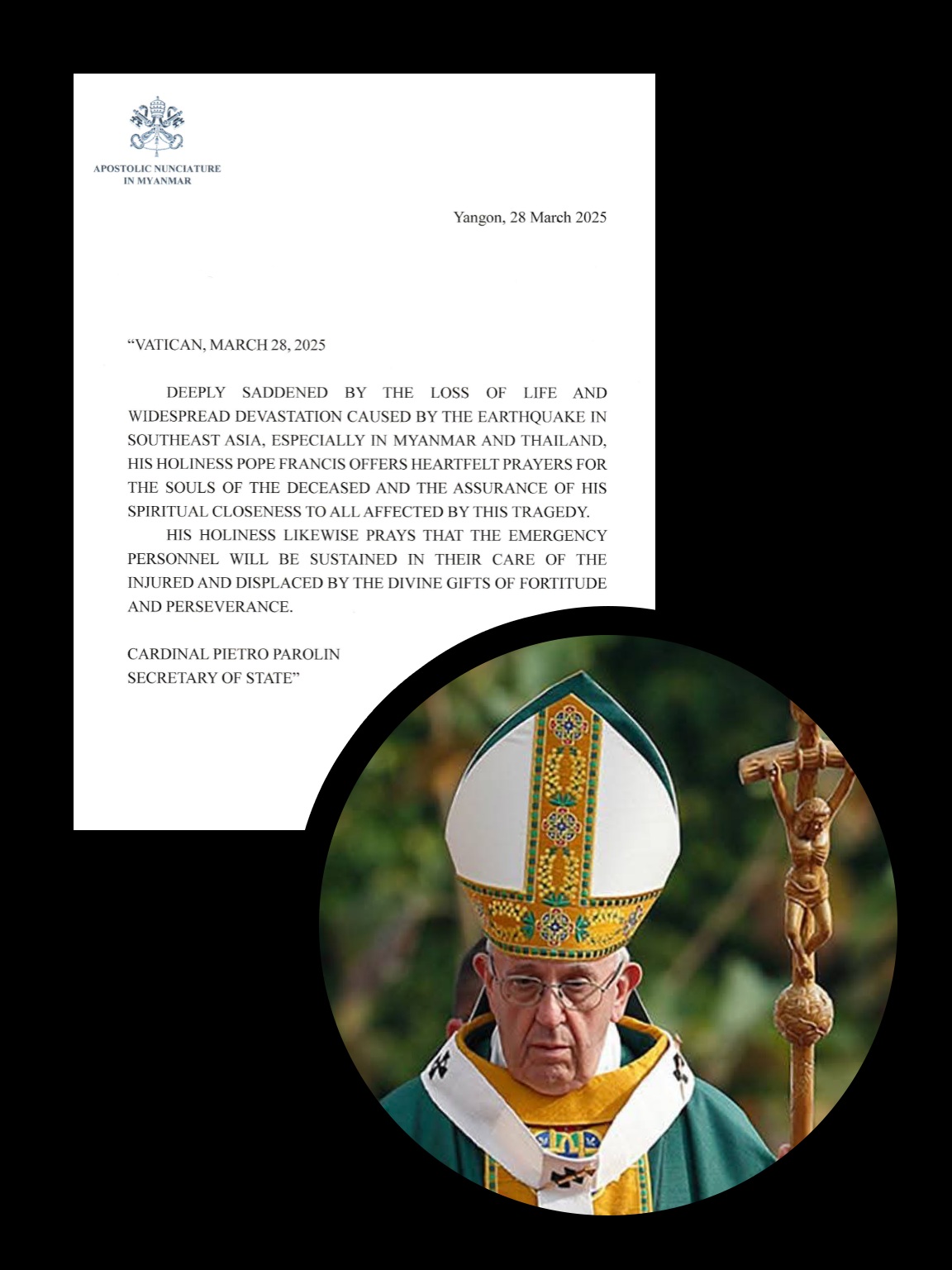
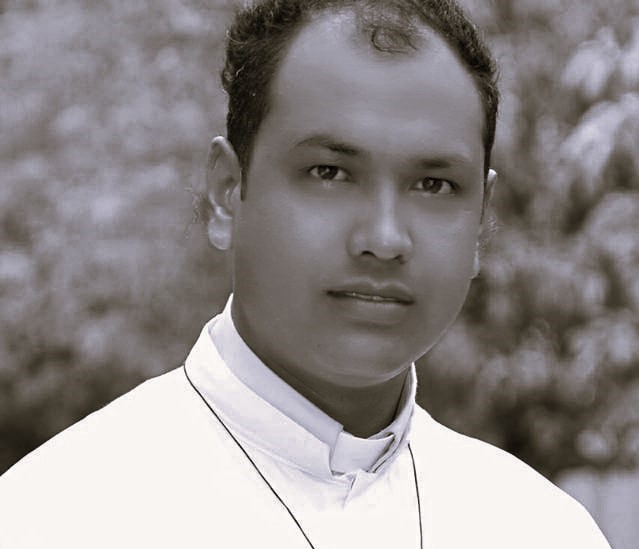
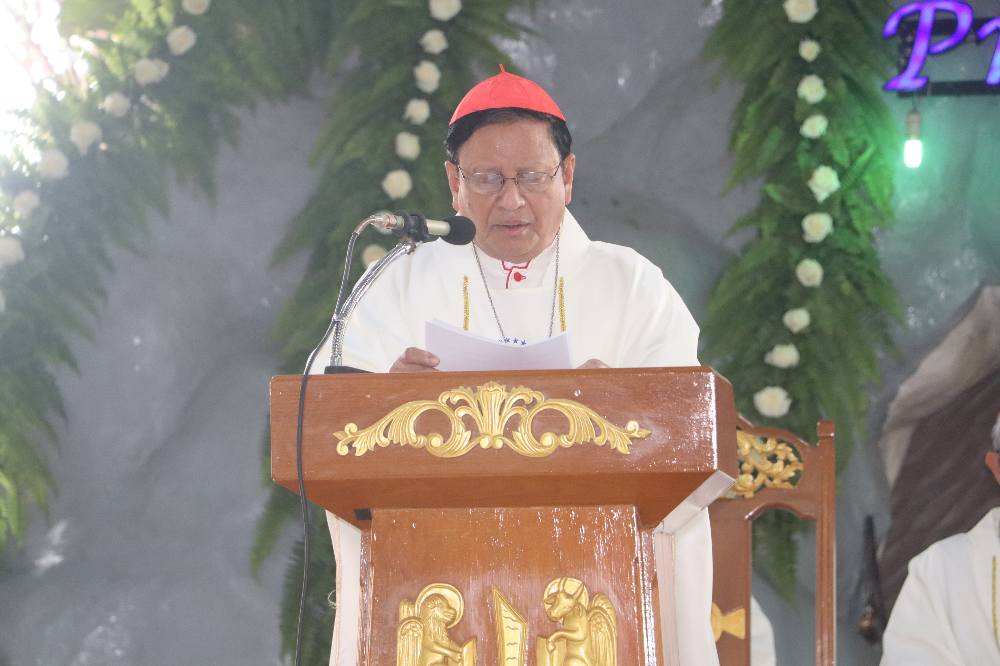
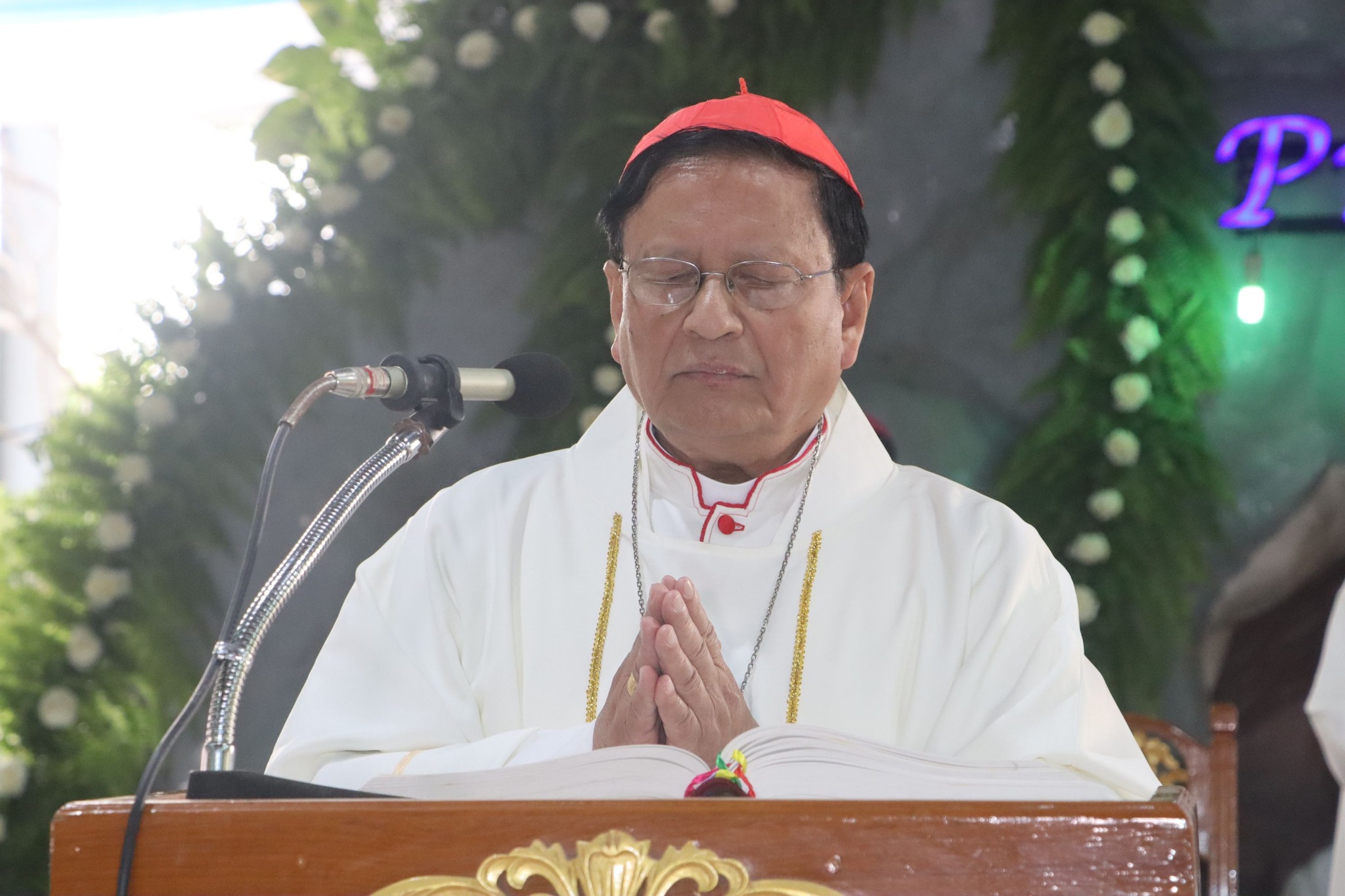
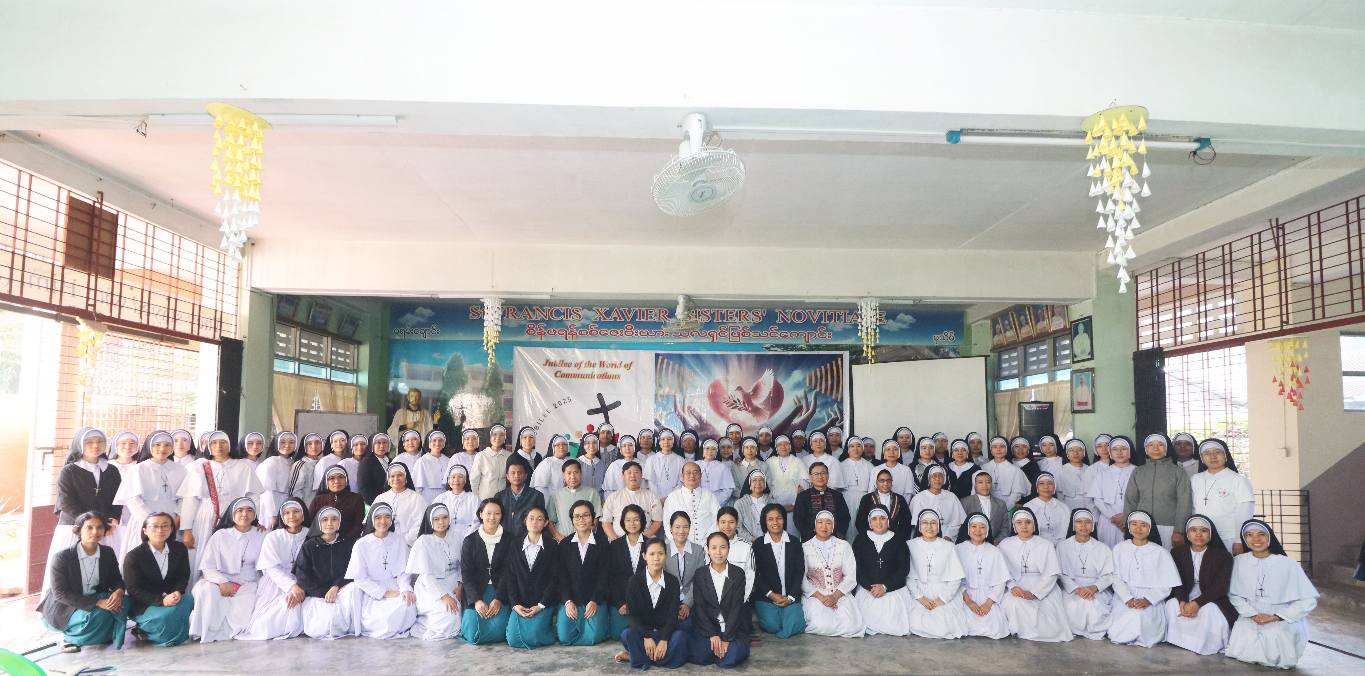
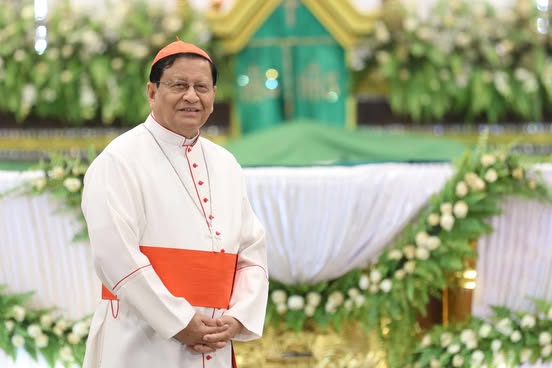
.jpg)
